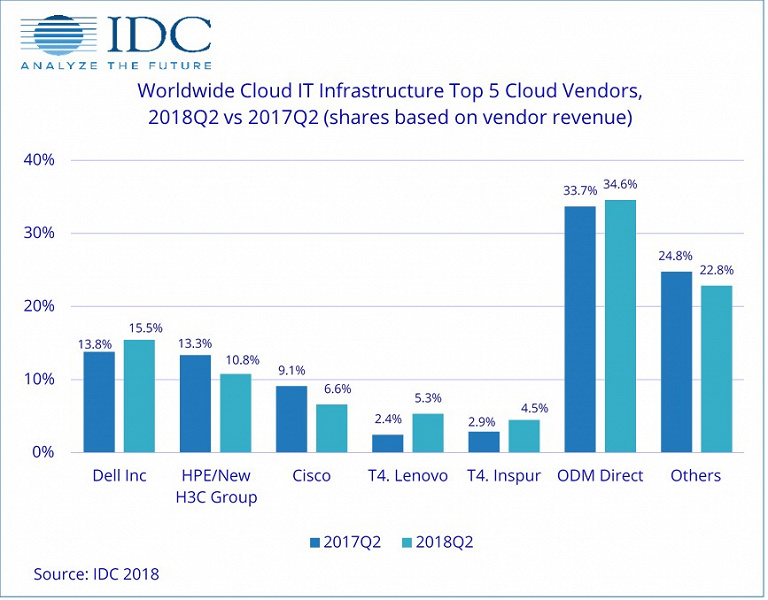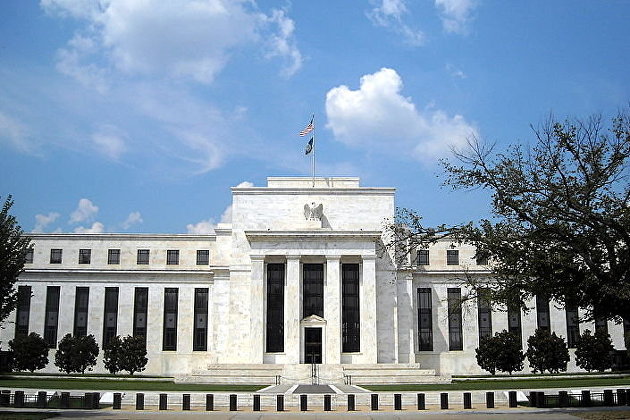
MONUSCO/Michael Ali
Female engagement patrol conducted from Mavivi to Muzambayi in Beni by female personnel of South African Contingent of COB Mavivi, MONUSCO on 07 March 2018.
28 September 2018
Humanitarian Aid
Increasing violence in Ebola-affected areas of north-eastern Democratic Republic of the Congo (DRC) threatens the safety of tens of thousands of people there, the UN Refugee Agency, UNHCR, said on Friday.
People in the city of Beni – where more than 20 people were killed last Saturday - have been left “angry” and in shock, said agency spokesperson, Babar Baloch, briefing journalists in Geneva, adding that “they have a feeling they’ve been abandoned”
In a more positive development, the World Health Organization (WHO) confirmed that staff resumed critical Ebola contact-tracing work in Beni city on Wednesday, following a two-day suspension of activities due to the deadly attack at the weekend.
While these groups have previously been active around Beni, it is the first time that fighting has reached the city itself - Babar Baloch, UNHCR Spokesperson
According to WHO, 101 people have died in the latest Ebola outbreak – DRC’s tenth in the last 40 years – and there have been 154 reported cases - 123 confirmed and 31 probable cases.
Speaking in Geneva, Mr. Baloch explained that there has been a sharp rise in attacks and displacement in recent months in the Beni area of North Kivu province and further north, in Ituri province.
“It is estimated that more than a million people are displaced in North Kivu,” he said. “An estimated half a million have been forced from their homes this year alone.”
Some 13,000 people fled their homes in August around Beni, the UNHCR spokesperson added, before underlining the significance of the attack on the city, where residents have been effectively under siege for two months, by armed militia.
“While these groups have previously been active around Beni, it is the first time that fighting has reached the city itself,” he said. “Security is what they want. And security from all risks as well.”
In a separate attack on Oicha town near Beni, Mr. Baloch said that an armed group believed to be Allied Democratic Forces (ADF), shot dead a 47-year-old man, abducted at least nine children, then looted and burned houses.
In addition to WHO’s essential work in north-eastern DRC, other UN agencies and their partners are continuing important awareness-raising campaigns among local communities.
UNICEF, the UN Children’s Fund, has more than 50 staff in the Ebola-affected areas including Beni, Mangina and Butembo.
It has deployed specialists in community communications, education and psycho-social assistance, in addition to water, sanitation and hygiene experts to help contain the disease and avoid any further spread.
Spokesperson Christophe Boulierac said it would be “a big mistake” to underestimate the risks associated with the violence.
“I talked to my colleagues on the ground in the field this morning. We go deep into villages”, he said, indicating that security was now a major concern: “What has changed is, we were cautious, but we are as my colleague says, increasingly cautious, and we are assessing each activity, each movement.”
https://news.un.org/en/story/2018/09/1021322
http://creativecommons.org/licenses/by/3.0/legalcode






 Вид на город Цуг. Фото: V-ZUG AG, CC BY-SA 3.0
Вид на город Цуг. Фото: V-ZUG AG, CC BY-SA 3.0











